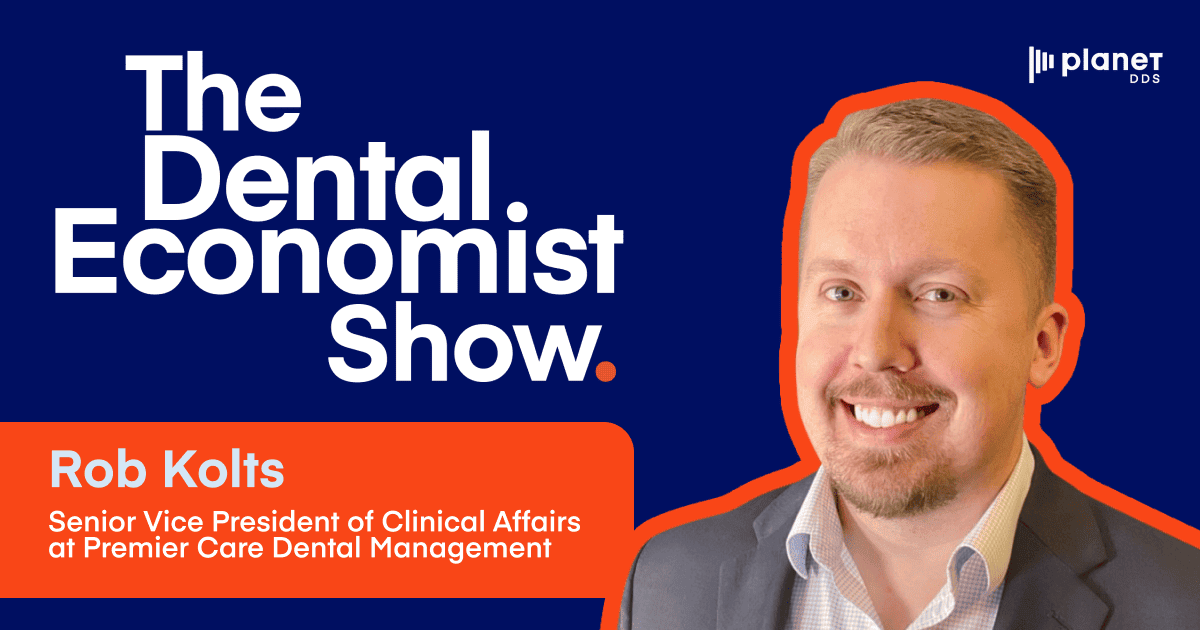The Impact of DSOs in Dentistry: Separating Fact from Fiction

In recent years, there has been a growing debate surrounding dental support organizations (DSOs) and their impact on the dental industry. While some criticize DSOs, claiming they have a negative influence on dentistry, others argue that they provide valuable support and resources to dental practices.
Dr. Rob Kolts acknowledges that there are both good and bad DSOs, just as there are good and bad non-DSO practices. He emphasizes that it’s essential to evaluate what DSOs provide to practices and how those benefits can be replicated in non-DSO practices. One of the most impactful aspects of DSOs, according to Dr. Kolts, is the separation of business and clinical systems.
In many solo or small group practices, the business and clinical systems are closely intertwined. The practice owner often handles everything from negotiating supply costs to managing staff salaries. However, Rob believes that dentists and hygienists should be able to focus solely on patient care. DSOs like Premier Dental Management strive to provide this separation, allowing clinicians to concentrate on delivering a better patient experience and outcomes.
While Premier Dental Management does not set production goals for their clinicians, they still rely on metrics to evaluate performance and identify areas for improvement. By analyzing data such as average daily production, they can identify outliers and provide mentorship or support accordingly. Additionally, they conduct audits to ensure that clinicians are following the standard of care and provide ongoing education to elevate the quality of dentistry.
The ultimate measure of success for Premier Dental Management is patient satisfaction. They focus on metrics such as patient referral rates, low cancellation rates, and positive reviews. By prioritizing the patient experience and outcomes, they aim to provide high-quality care and build long-term relationships with patients.
Premier Dental Management embraces technology to enhance patient care and practice efficiency. They utilize patient management software, such as Denticon, to streamline operations and provide easy access to patient data. They also leverage artificial intelligence (AI) tools like Overjet to assist clinicians in diagnosis and treatment planning. Additionally, they have implemented salivary testing, known as SalivaScore, to assess patients’ propensity for periodontal disease progression.
To ensure successful adoption of new technologies and approaches, Premier Dental Management focuses on change management and culture building. They create awareness, build desire, provide knowledge and support, and reinforce the importance of utilizing these tools consistently. By fostering a culture of continuous improvement, they encourage clinicians and staff to embrace new technologies and approaches.
The debate surrounding DSOs in dentistry is multifaceted, with valid arguments on both sides. However, Premier Dental Management exemplifies how a well-integrated DSO can provide valuable support and resources to dental practices. By separating business and clinical systems, leveraging technology, and prioritizing patient-centric care, they strive to elevate the standard of dentistry and improve patient outcomes. As the dental industry continues to evolve, it is crucial to evaluate the benefits and drawbacks of different practice models and embrace innovations that enhance patient care.
